Concerns about Vietnamese becoming a foreign language
At the forum on outstandingeducation that cherishes identity held last weekend in Ho Chi Minh City, speakers pointed out the negative aspects of international education in Vietnam today.
Educator and musician Thanh Bui believes that in order for the young generation to not only know but also understand national identity, international schools need to teach them about traditions.
For example, at the Vietnam Elite Primary School, students are required to speak English fluently and Vietnamese fluently. They learn about traditional culture and history, from why Chung cake is wrapped during the traditional Tet holiday, lantern parades during the Mid-Autumn Festival, folk games to gratitude and filial piety.
“I am concerned that the internationalization of the current educational environment with its emphasis on English and integration will cause a generation of young Vietnamese people to say ‘hello’ fluently but not know how to greet,” said musician Thanh Bui, adding that Vietnamese cannot become a foreign language for the young generation.
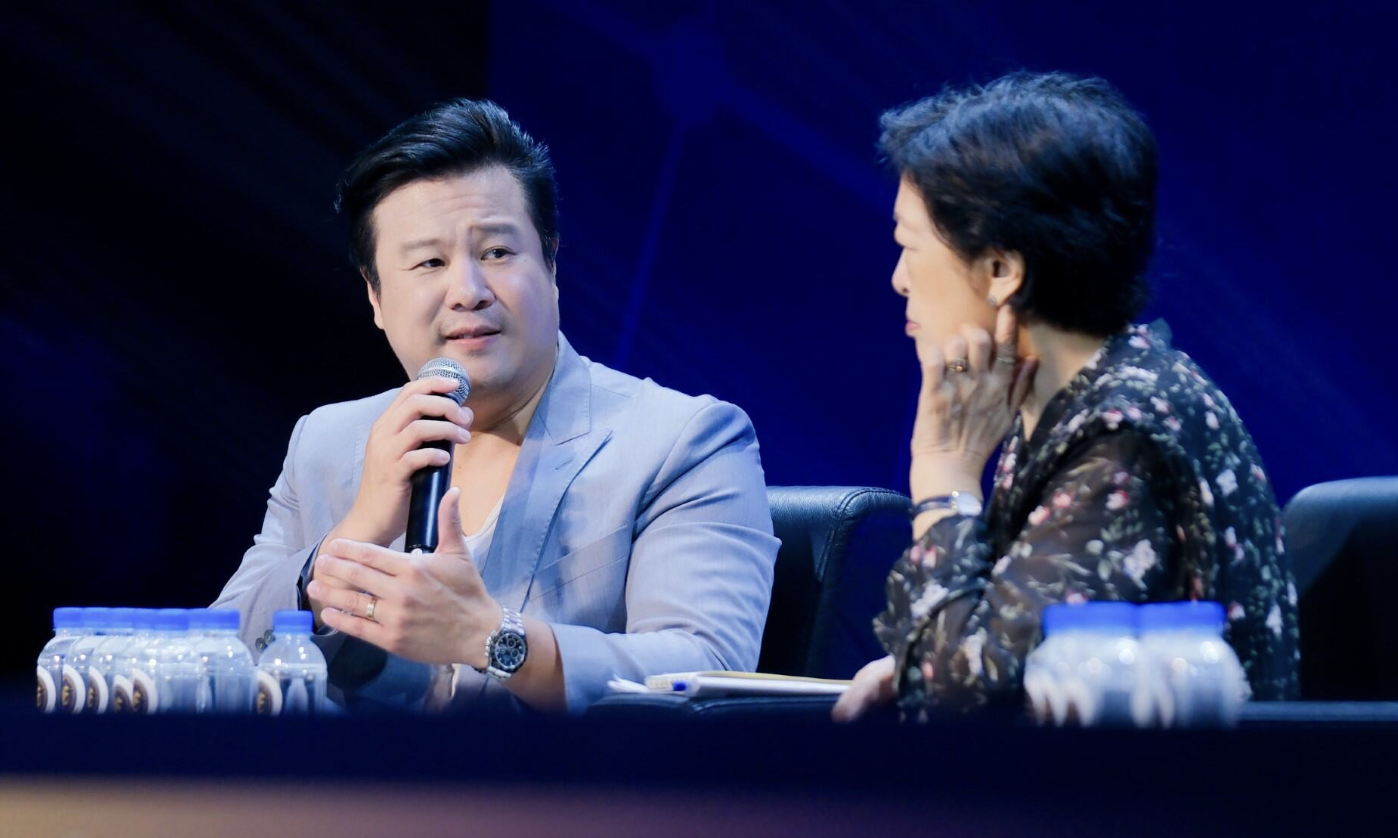
According to him, the ultimate goal of comprehensive education and further outstanding development is to absorb the essence of international academics combined with traditional identity. New identity and comprehensiveness will bring the young generation of Vietnam out into the world , compete and differentiate. Vietnamese people cannot effectively integrate globally and excel if they cannot answer who they are and where they come from.
When asked about balancing and educating Vietnamese identity for his two children, musician Thanh Bui said that he and his two children speak Vietnamese and English at the same time. The children speak Vietnamese to their grandmother and Chinese to their grandmother. Using multiple languages helps people be flexible and express themselves appropriately in each context.
“The difference and beauty of Vietnamese is that it helps to reach deep into thoughts and souls. If my child and I discuss a social issue, English will help clarify the issue easily. But when there is a disagreement or conflict about behavior, requiring touching the deepest level, awakening love and healing, it must be in Vietnamese,” he said.
Thanh Bui said that he was born, raised and spent 28 years in Australia but still felt “lost”. Later, when he returned to Vietnam to live and work, he understood the “smell” of his homeland, where his navel belonged. His mother tongue is his origin, Vietnam is his root.
The musician tells a small story but brings reflection and change in the motto of why he wants to develop a comprehensive educational path with the promotion of identity.
“On a flight from Hanoi , I witnessed a mother and child sitting in the back completely disconnected because the mother only spoke Vietnamese but the child spoke English. What happened was not just an argument or disagreement, but what affected me the most was the mother and child hugging each other and crying helplessly. That story made me realize that in reality, even if they live in the same house with different languages, parents and children will have different hearts,” he said.
Thanh Bui said that from this story, when he switched to education, he asked himself and parents what we are trading if the next generation of children are only good at English but have lost their roots and are confused about their mother tongue?
International schools are not allowed to "pamper" foreign teachers.
Ms. Ton Nu Thi Ninh, who has 40 years of experience in the field of diplomacy and foreign affairs, and is former Vice Chairwoman of the National Assembly's Foreign Affairs Committee, said that the presence of international schools and programs in Vietnam is a trend in the integration period. However, the problem lies in how to maintain Vietnamese values in a global learning environment.
Ms. Ninh believes that this challenge partly comes from the foreign teaching staff. Many "Western teachers" come to Vietnam to teach with the intention of bringing the world into the classroom, but do not care or do not see the need to understand the country in which they teach.
Recalling her own story, Ms. Ninh said that when she first returned to Vietnam to study at the former Marie Curie School, she was asked by French teachers to choose a French name for convenience - even though her name was "Ninh" - which was easy to pronounce. Meanwhile, when she studied in France, no one forced her to change her name.
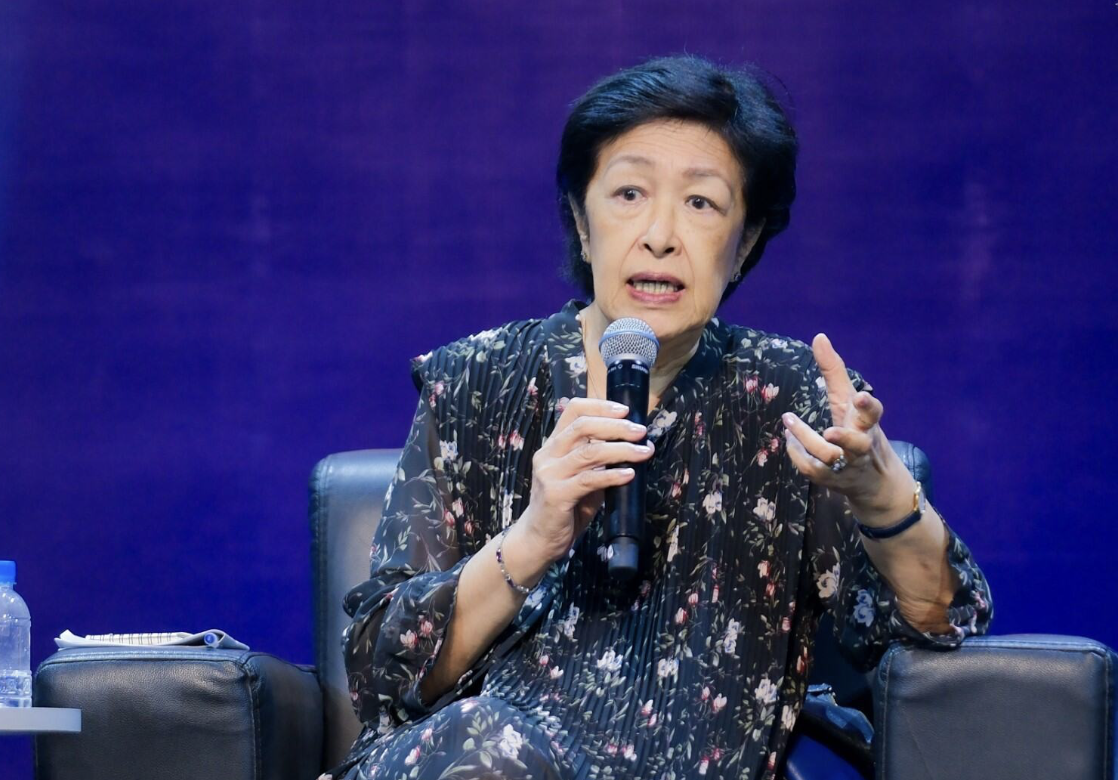
“Disrespect for local culture starts from seemingly small things. To this day, many foreign teachers in Vietnam still have this mentality. It is worth noting that these teachers are highly paid but do not try to learn how to pronounce Vietnamese names, or more broadly, understand more about the identity of the country where they are teaching,” Ms. Ninh said.
Diplomat Ton Nu Thi Ninh believes that schools should not indulge foreign teachers, but should act as cultural negotiators. When recruiting, the criteria should not only be qualifications or experience, but also set clear requirements for adaptability and willingness to learn local culture. The teacher's learning attitude is very important.
"Those who set up international schools should not 'indulge' foreign teachers. In addition to helping us learn about Silicon Valley and Hollywood, they are required to spend time learning about Vietnamese culture and characteristics when they come to Vietnam to teach and work. We must set conditions so that our mentality is not at a disadvantage," Ms. Ninh suggested.
Source: https://vietnamnet.vn/dut-gay-tieng-viet-the-he-tre-noi-tron-tru-hello-nhung-khong-biet-chao-2399922.html



![[Photo] Standing member of the Secretariat Tran Cam Tu chaired a meeting with Party committees, offices, Party committees, agencies and Central organizations.](https://vphoto.vietnam.vn/thumb/1200x675/vietnam/resource/IMAGE/2025/7/1/b8922706fa384bbdadd4513b68879951)




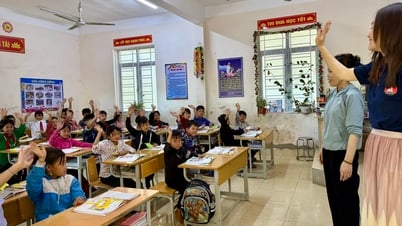




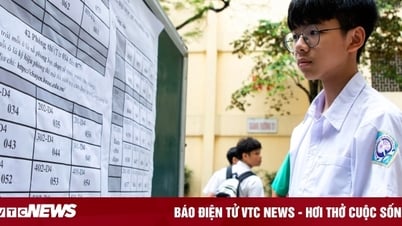



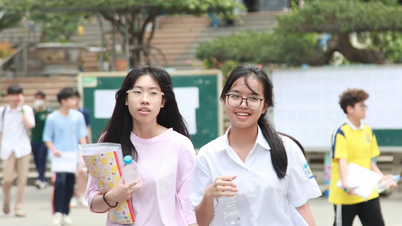





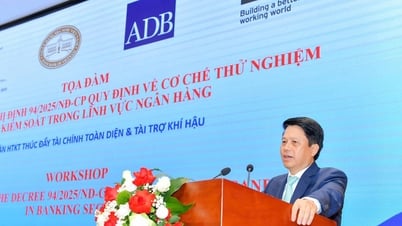
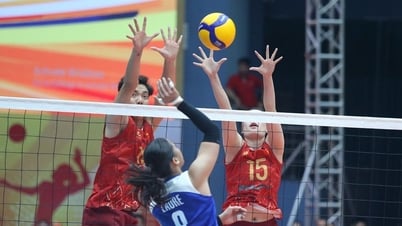



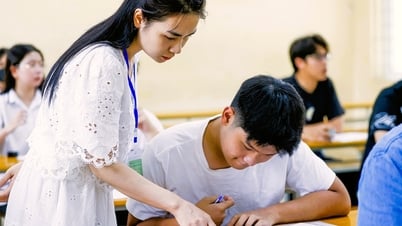
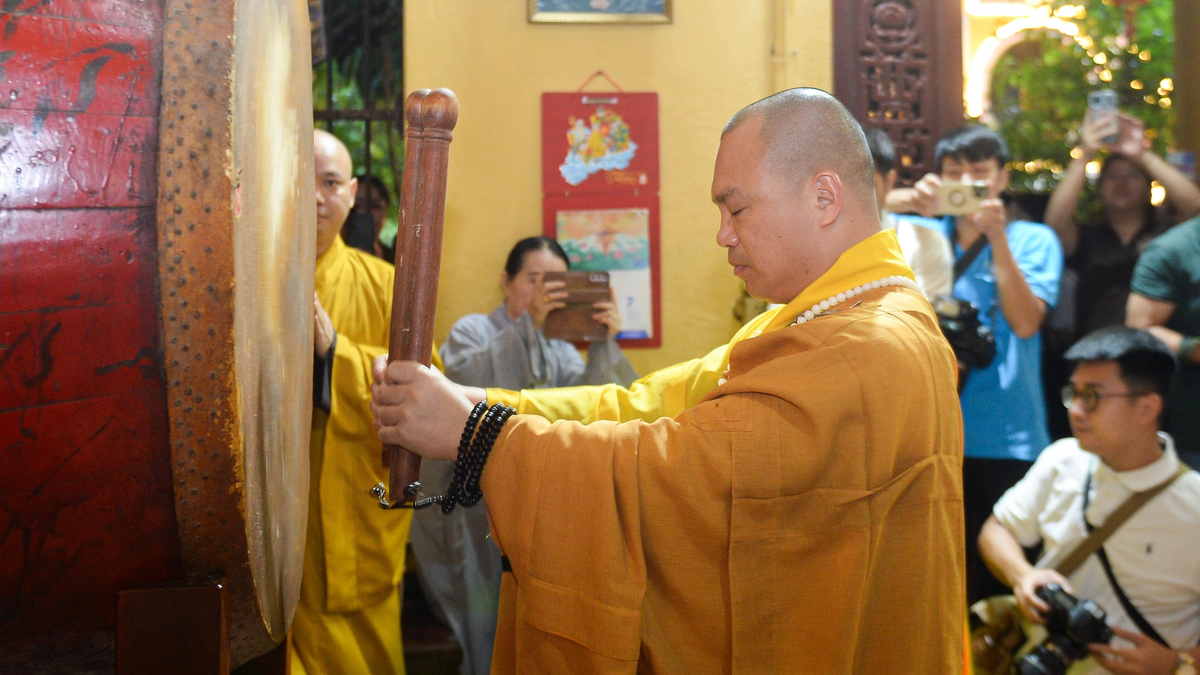




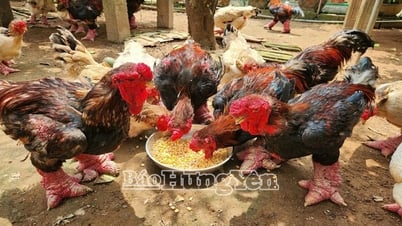

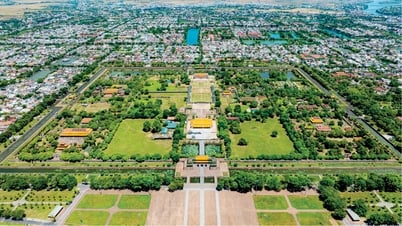




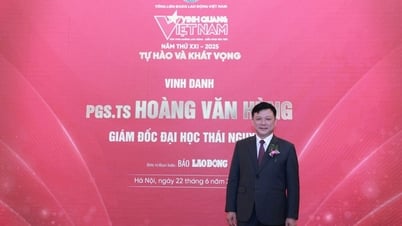

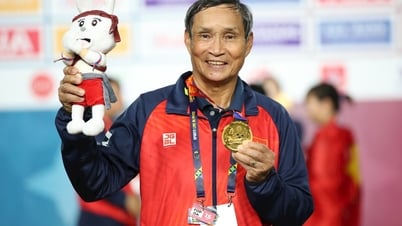



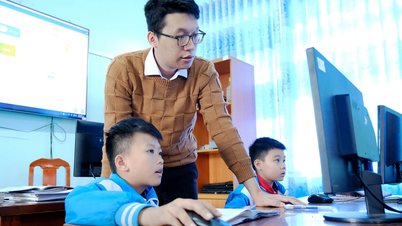

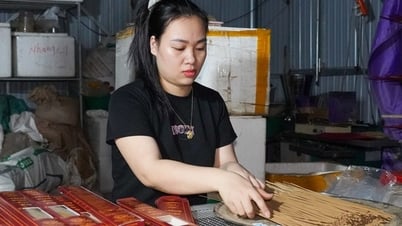


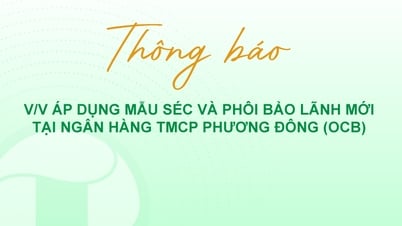

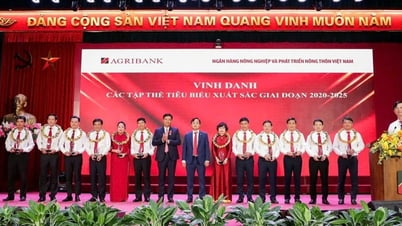


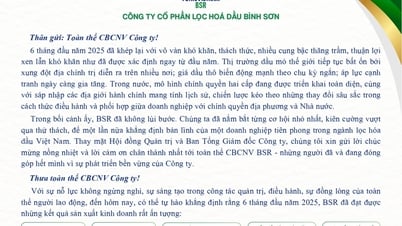




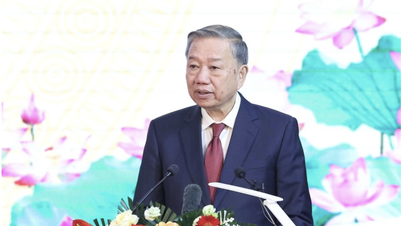

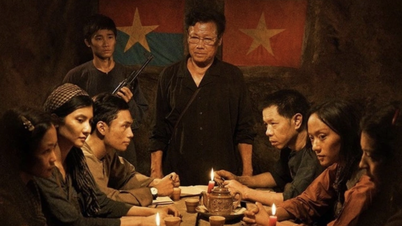
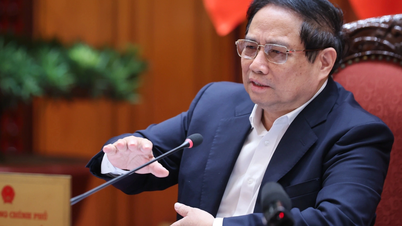
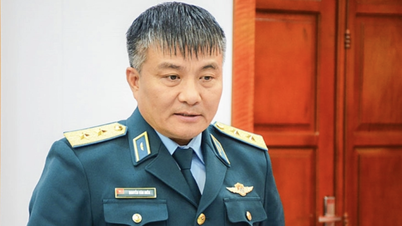
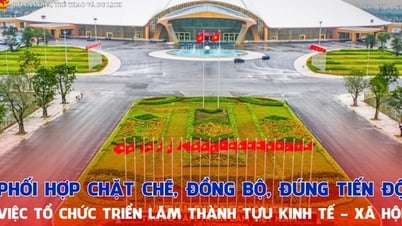

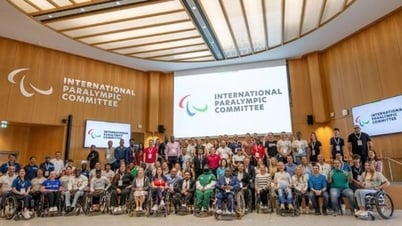
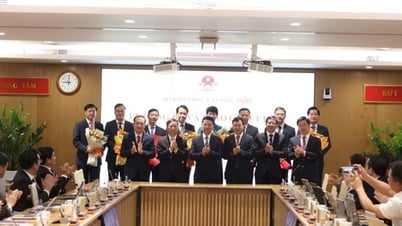

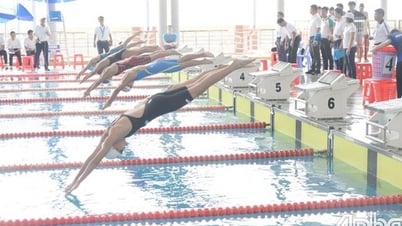

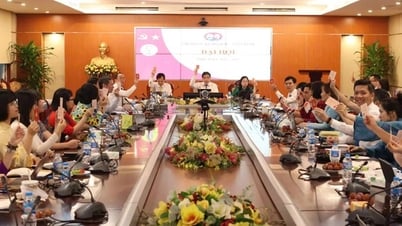
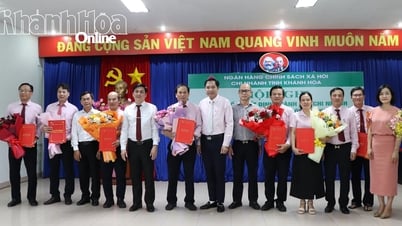



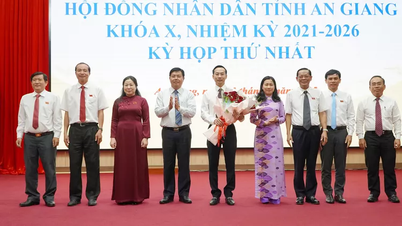

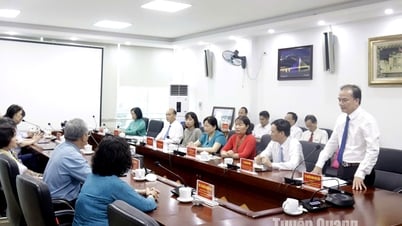



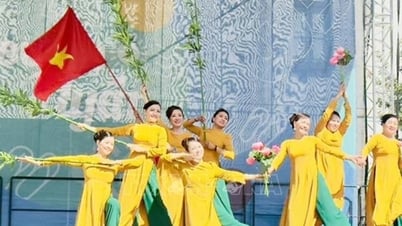
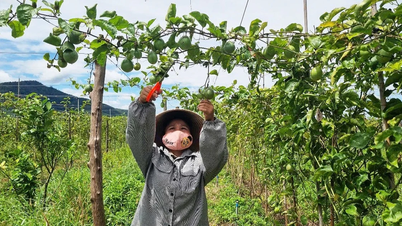



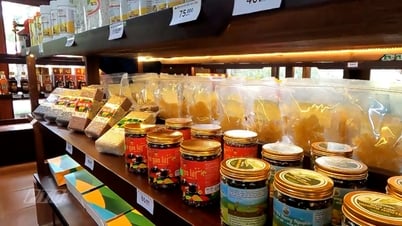




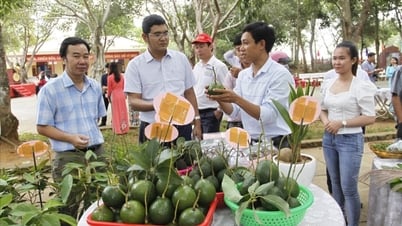



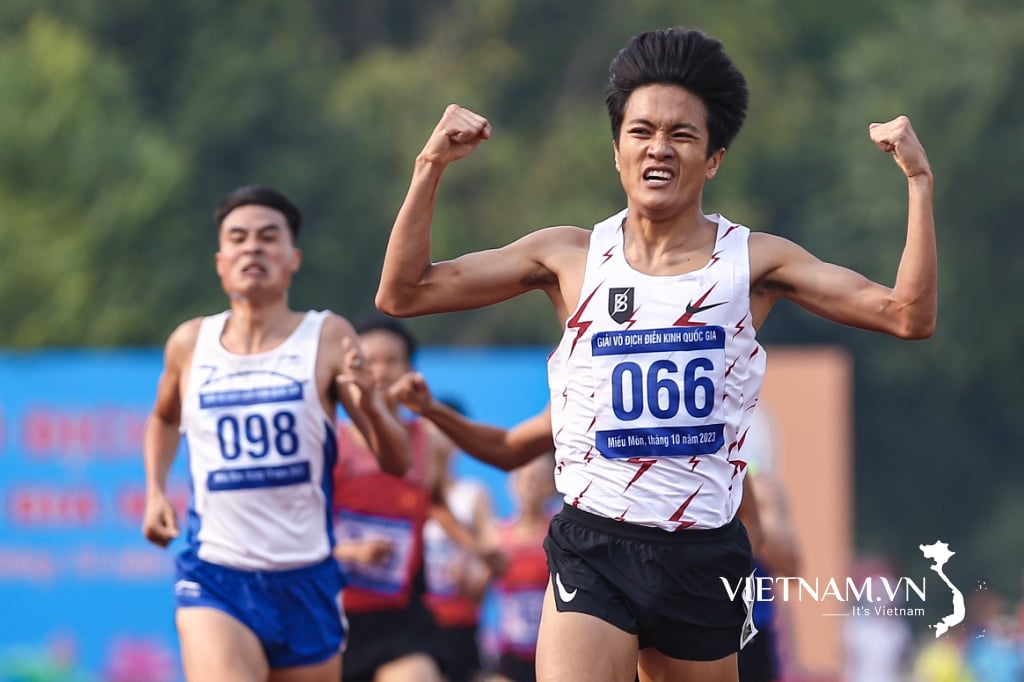

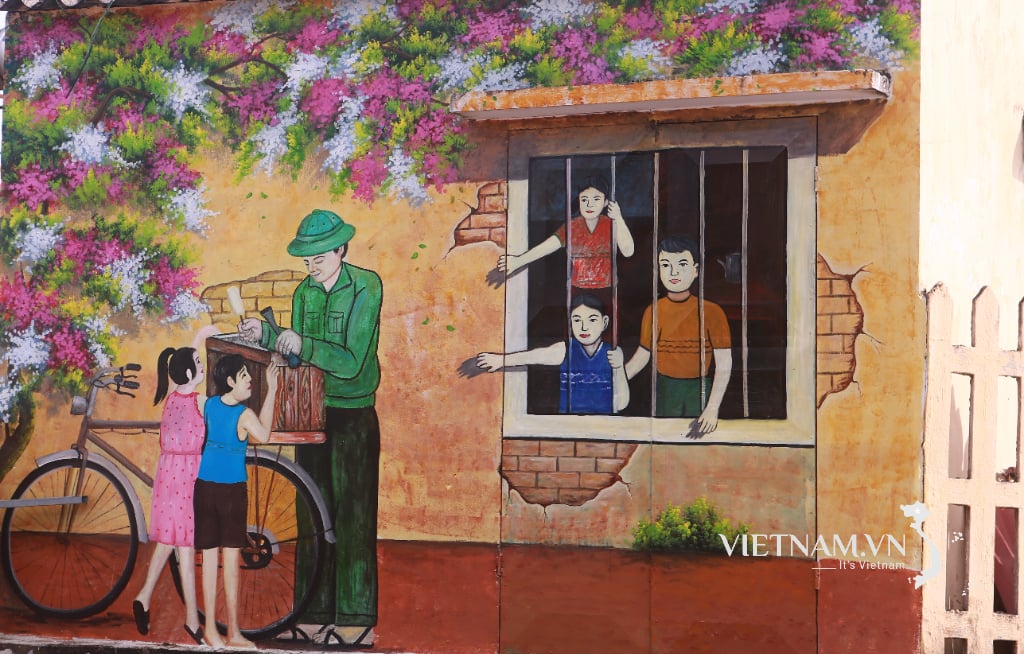
Comment (0)